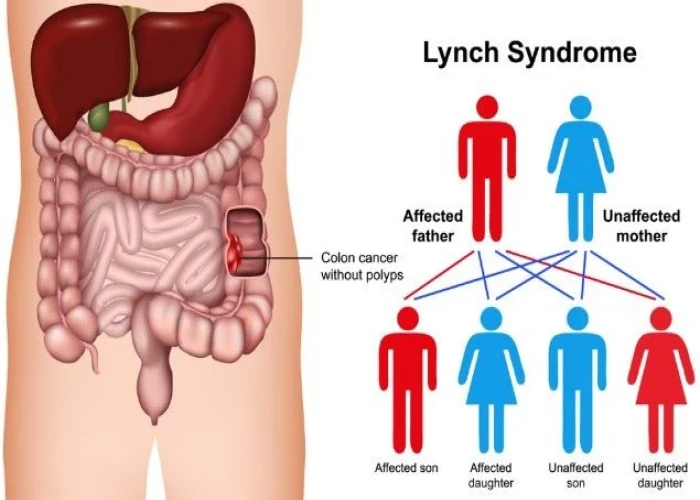 Welcome
Welcome
“May all be happy, may all be healed, may all be at peace and may no one ever suffer."
Lynch syndrome
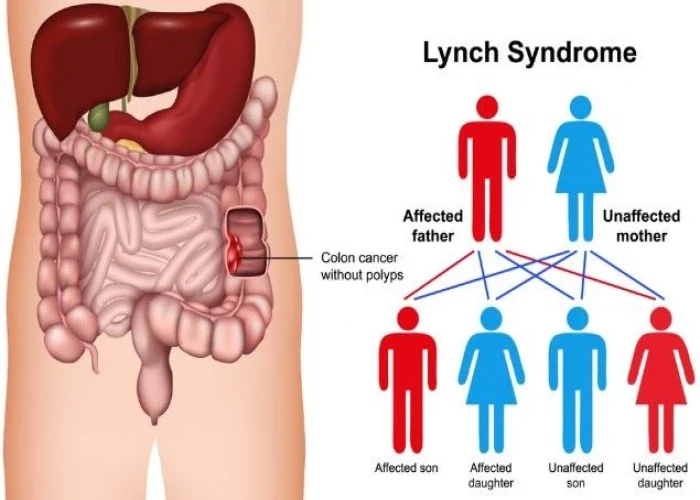
Lynch syndrome, also known as hereditary nonpolyposis colorectal cancer (HNPCC), is a genetic condition that increases the risk of developing certain types of cancer, particularly colorectal cancer and endometrial cancer. It is caused by mutations in genes that help repair DNA damage, particularly in mismatch repair genes.
Individuals with Lynch syndrome have a higher risk of developing colorectal cancer, endometrial cancer, ovarian cancer, gastric cancer, pancreatic cancer, and other types of cancer. The risk of developing cancer is significantly increased for individuals who carry a Lynch syndrome mutation, and the cancers tend to develop at an earlier age than in the general population.
To diagnose Lynch syndrome, genetic testing is typically recommended for individuals with a family history of the condition or for those who have developed certain types of cancer at a young age. This testing can help identify whether a person carries a mutation that increases their risk of developing cancer.
The management of Lynch syndrome involves regular cancer screening and surveillance to detect any cancers at an early stage when they are more easily treatable. For individuals with Lynch syndrome, cancer screening may include colonoscopies starting at a younger age and at more frequent intervals than for the general population. Other screening tests may also be recommended, depending on an individual's specific Lynch syndrome mutation and personal medical history.
In some cases, prophylactic surgery may also be recommended to reduce the risk of developing cancer. This may include the removal of the colon, ovaries, or uterus in some individuals with Lynch syndrome.
Overall, early detection and management of Lynch syndrome can help reduce the risk of developing cancer and improve outcomes for affected individuals. Genetic counseling and regular follow-up care with a healthcare provider are important for those with Lynch syndrome and their families.
Research Papers
Disease Signs and Symptoms
- Swollen lump or skin nodules
- A family history of colon cancer that occurs at a young age
- A family history of cancer that affects the uterus (endometrial cancer)
Disease Causes
Lynch syndrome
Lynch syndrome runs in families in an autosomal dominant inheritance pattern. This means that if one parent carries a gene mutation for Lynch syndrome, there's a 50 percent chance that mutation will be passed on to each child. The risk of Lynch syndrome is the same whether the gene mutation carrier is the mother or father or whether the child is a son or daughter.
How gene mutations cause cancer
The genes affected in Lynch syndrome are responsible for correcting changes in the genetic code (mismatch repair genes).
Your genes contain DNA, which carries instructions for every chemical process in your body. As your cells grow and divide, they make copies of their DNA and it's not uncommon for some minor mistakes to occur.
Normal cells have mechanisms to recognize mistakes and repair them. But the cells of people who inherit one of the abnormal genes associated with Lynch syndrome lack the ability to repair these minor mistakes. An accumulation of these mistakes leads to increasing genetic damage within cells and eventually can cause the cells to become cancerous.
Disease Prevents
Disease Treatments
Colon cancer associated with Lynch syndrome is treated similarly to other types of colon cancer. However, surgery for Lynch syndrome colon cancer is likely to involve the removal of more of the colon, since people with Lynch syndrome have a high risk of developing colon cancer again in the future.
Your treatment options will depend on the stage and location of your cancer, as well as your health, age and personal preferences. Treatments for colon cancer may include surgery, chemotherapy and radiation therapy.
Cancer screening for people with Lynch syndrome
If you have Lynch syndrome but haven't been diagnosed with an associated cancer — sometimes referred to as being a "previvor" — your doctor can develop a cancer-screening plan for you.
Research hasn't established which cancer screening tests are best for people with Lynch syndrome. As a result, medical groups vary on which tests they recommend. Which tests are best for you may depend on your family history and which gene is causing your Lynch syndrome.
As part of your cancer-screening plan, your doctor may recommend:
- Colon cancer screening. A colonoscopy exam allows your doctor to see inside your entire colon and look for areas of abnormal growth that may indicate cancer or precancerous cells. Colon cancer screening reduces the risk of dying of colon cancer by removing precancerous growths called polyps. People with Lynch syndrome typically begin colonoscopy screening every year or two starting in their 20s.
- People with Lynch syndrome tend to develop colon polyps that are more difficult to detect. For this reason, newer colonoscopy techniques may be recommended. High-definition colonoscopy creates more-detailed images, and narrow band colonoscopy uses special light to create clearer images of the colon. Chromoendoscopy uses dyes to color colon tissue, which increases the likelihood of detecting the flat polyps that tend to occur more often in people with Lynch syndrome.
- Endometrial cancer screening. Women with Lynch syndrome may consider having an endometrial biopsy every year or two.
- Ovarian cancer screening. Your doctor may recommend an annual ultrasound and blood test to screen for ovarian cancer.
- Urinary system cancer screening. Your doctor may recommend periodic screening for urinary tract cancers. Analysis of a urine sample may reveal blood or cancerous cells.
- Gastrointestinal cancer screening. Your doctor may recommend endoscopy screening for stomach cancer and small intestine cancer. An endoscopy procedure allows your doctor to see your stomach and other parts of your gastrointestinal system.
While research proves the effectiveness of colon cancer screening for reducing the risk of dying of the disease, similar research hasn't proved the effectiveness of screening for the other types of cancer. Still, some experts recommend considering screening for these other types of cancer despite the lack of evidence.
Your doctor may recommend other cancer-screening tests if your family has a history of other cancers. Ask your doctor about which screening tests are best for you.
Aspirin for cancer prevention
Results from studies suggest that taking a daily aspirin may reduce the risk of several cancers related to Lynch syndrome. More results are needed to confirm this. Discuss the potential benefits and risks of aspirin therapy with your doctor to determine whether this might be an option for you.
Surgery to prevent cancers caused by Lynch syndrome
In certain situations, people with Lynch syndrome may consider surgery to reduce their risk of cancer. Discuss the benefits and risks of preventive surgery with your doctor.
Surgical options for preventing cancer may include:
- Surgery to remove your ovaries and uterus (oophorectomy and hysterectomy). Preventive surgery to remove your uterus eliminates the possibility that you'll develop endometrial cancer in the future. Removing your ovaries can reduce your risk of ovarian cancer.
- Unlike with colon cancer, screening for ovarian cancer and endometrial cancer hasn't been proved to reduce the risk of dying of cancer. For this reason, doctors usually recommend preventive surgery for women who have completed childbearing.
- Surgery to remove your colon (colectomy). Surgery to remove most or all of your colon reduces or eliminates the chance that you'll develop colon cancer. This procedure can be done in a way that allows you to expel waste normally without the need to wear a bag outside of your body to collect waste. Colectomy may be an option if you're unable or unwilling to undergo frequent colon cancer screening.
Disease Diagnoses
Disease Allopathic Generics
Disease Ayurvedic Generics
Disease Homeopathic Generics
Disease yoga
Lynch syndrome and Learn More about Diseases
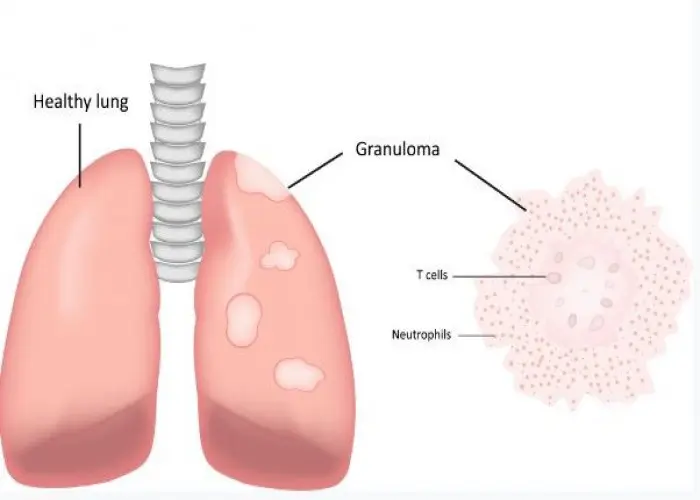
Granulomatosis with polyangiitis

Dry mouth
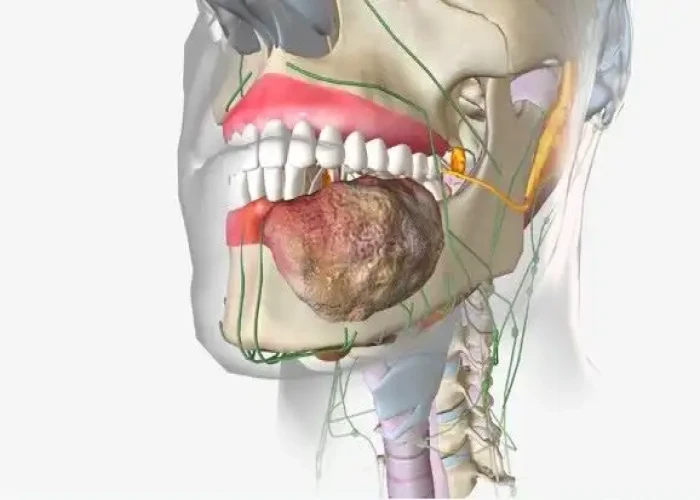
Soft palate cancer
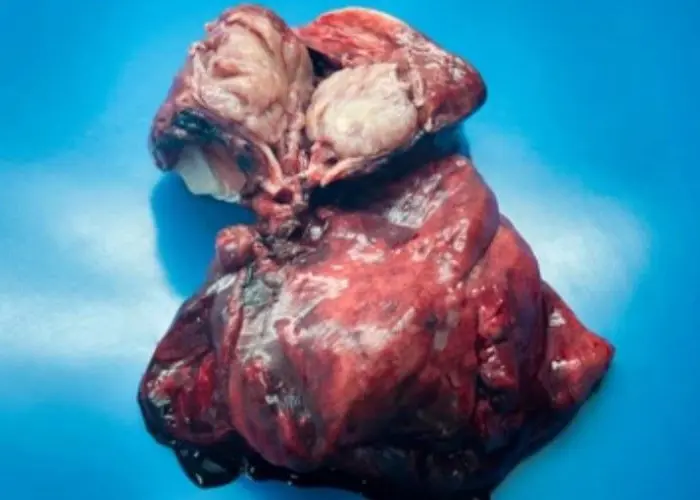
Carcinoid tumors

Laryngitis
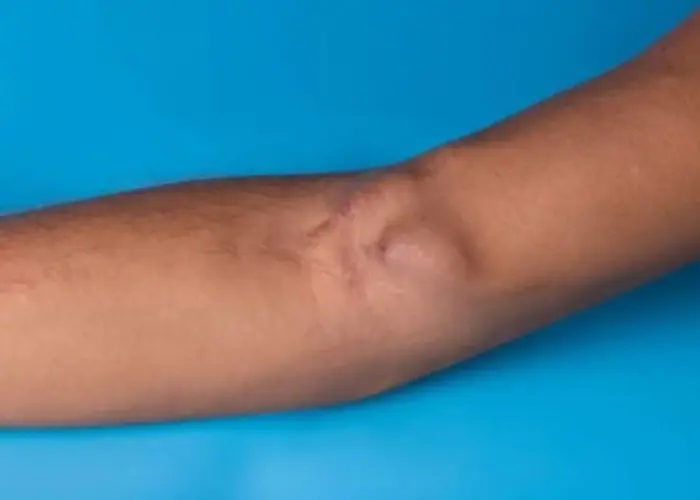
Arteriovenous fistula

Dysphagia
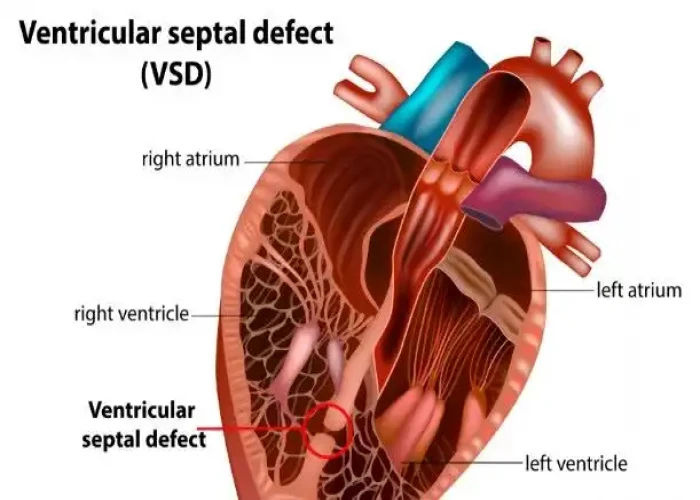
Ventricular septal defect (VSD)
lynch syndrome, লিঞ্চ সিনড্রোম
To be happy, beautiful, healthy, wealthy, hale and long-lived stay with DM3S.
